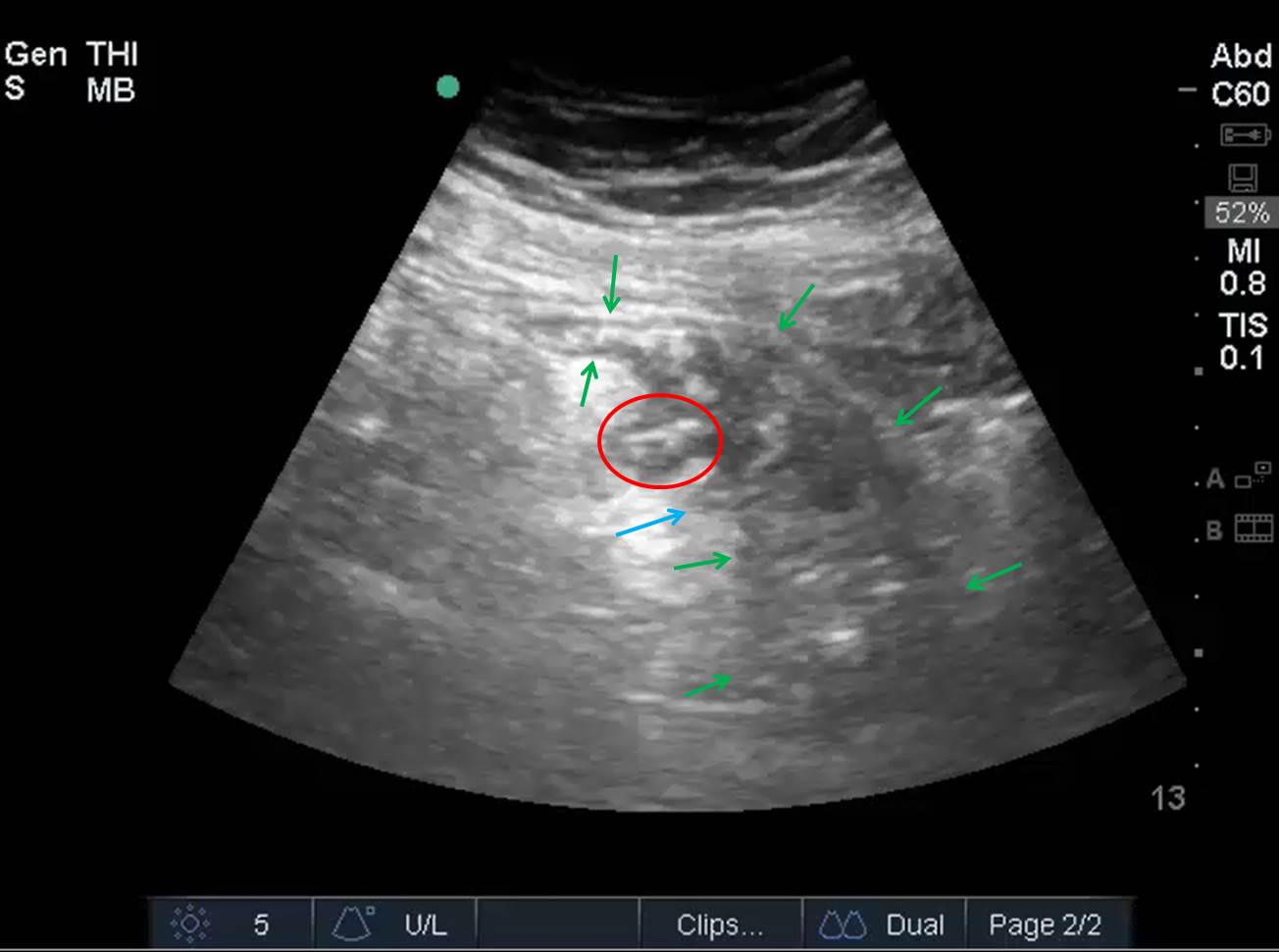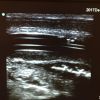Another abdo pain…just my 6th case today!
Every ED across the planet has its own demographic. Some EDs may see more of this, and other EDs may see more of that. But I bet we all see lots of cases of abdominal pain. Often enough, it can be difficult and time-consuming to make the diagnosis, especially in the older patient. Order blood and urine tests…maybe an x-ray…wait for the results…get an elective ultrasound…wait for that to get done…order a CT (if you can win that argument!)…wait for the result 🙁 An entire shift or more can go by in working up these patients before you get down to a diagnosis. Can POCUS always make the diagnosis in these cases? No, of course not. But it can in many. When it does, it will cut your diagnosis and disposition time from many hours to just a few minutes.
A 49 year-old man presented with a 3-day history of LLQ pain. It was constant and mild in intensity, with jabbing-type pain when it got worse. No fever, anorexia, or nausea/vomiting. He was constipated but had no other stool changes. PMH included diabetes. Normal vitals except for a HR of 106. Exam negative except for mild-moderate tenderness in his LLQ. No peritoneal signs and a NT prostate.
POCUS showed no AAA and no hydronephrosis. The probe was placed on the point of maximal tenderness and the following was seen.
Any ideas? Feel free to play the video again or look below for the answer.
The colon is outlined by the green arrows. A sizable diverticulum with a fecolith is indicated by the red circle. The blue arrow points to another smaller diverticulum. The tenderness was at its max when this area was in the centre of the screen and pressure was applied with the probe.
The patient was seen about an hour into their ED stay. The diagnosis of diverticulitis was made at first contact. Labs ordered at triage were still pending when the patient was seen. Those results ended up being non-concerning. With no red flags, the patient was discharged with treatment and did fine.
Diverticulitis and a whole bunch of other GI topics are presented at EDE 3 by Dr Andrew Skinner of St Paul’s Hospital in Vancouver.







